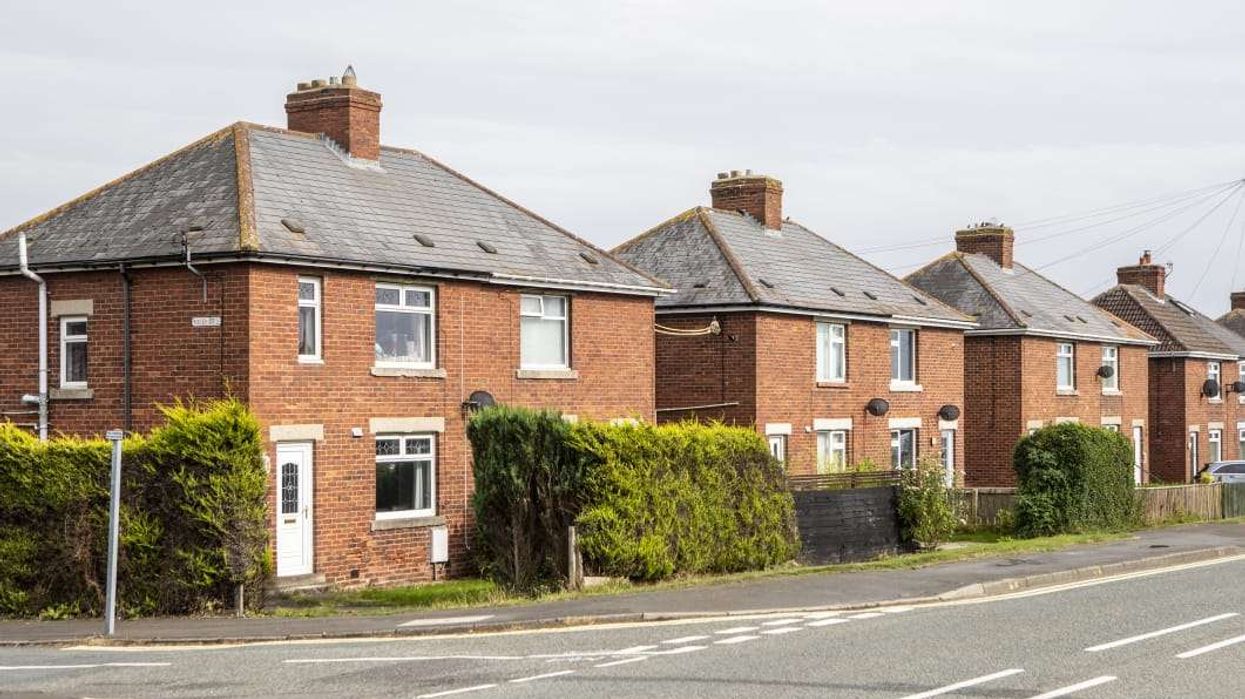Highlights
- Average UK house price rose 0.3 per cent in October to £272,226, down from 0.5 per cent growth in September.
- Annual house price growth edged up to 2.4 per cent, with market remaining resilient despite mortgage rates being double pre-pandemic levels.
- Buyers delaying purchases amid speculation that November budget could introduce new property taxes on homes worth over £500,000.
The average house price increased by 0.3 per cent month-on-month in October to £272,226, down from a 0.5 per cent rise in September. Despite the monthly slowdown, annual house price growth accelerated slightly to 2.4 per cent, up from 2.2 per cent in the previous month.
Robert Gardner, Nationwide's chief economist, said the market had demonstrated broad stability in recent months. "Against a backdrop of subdued consumer confidence and signs of weakening in the labour market, this performance indicates resilience, especially since mortgage rates are more than double the level they were before Covid struck and house prices are close to all-time highs".
Buyers await budget
Property analysts suggest the slowdown reflects caution among potential buyers. Anthony Codling, a housebuilding analyst at RBC Capital Markets, told The Guardian that buyers were "sitting on the sidelines" waiting to see what the budget would bring.
Treasury officials have been considering a new tax on the sale of homes worth more than £500,000, although it remains unclear whether Chancellor Rachel Reeves will implement the measure. Amy Reynolds, head of sales at Antony Roberts estate agency in west London, described the market as "sluggish, particularly at the higher end".
Property website Rightmove reported earlier this month that the market showed "resilience" in the number of properties coming to market, although it noted the absence of the usual "autumn bounce" in asking prices. The Bank of England is expected to cut interest rates at its meeting on November (6), which could provide further support to the housing market.
Gardner noted that housing affordability was likely to improve modestly if income growth continued to outpace house price growth, alongside further easing in borrowing costs





